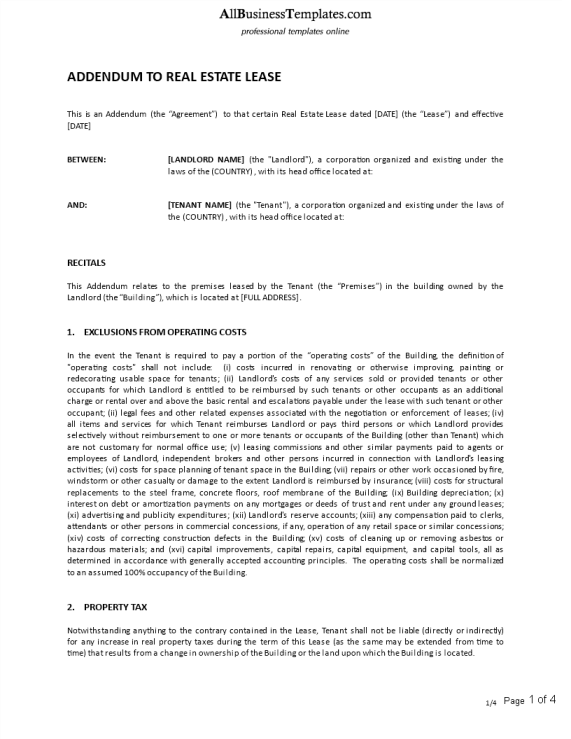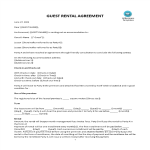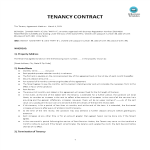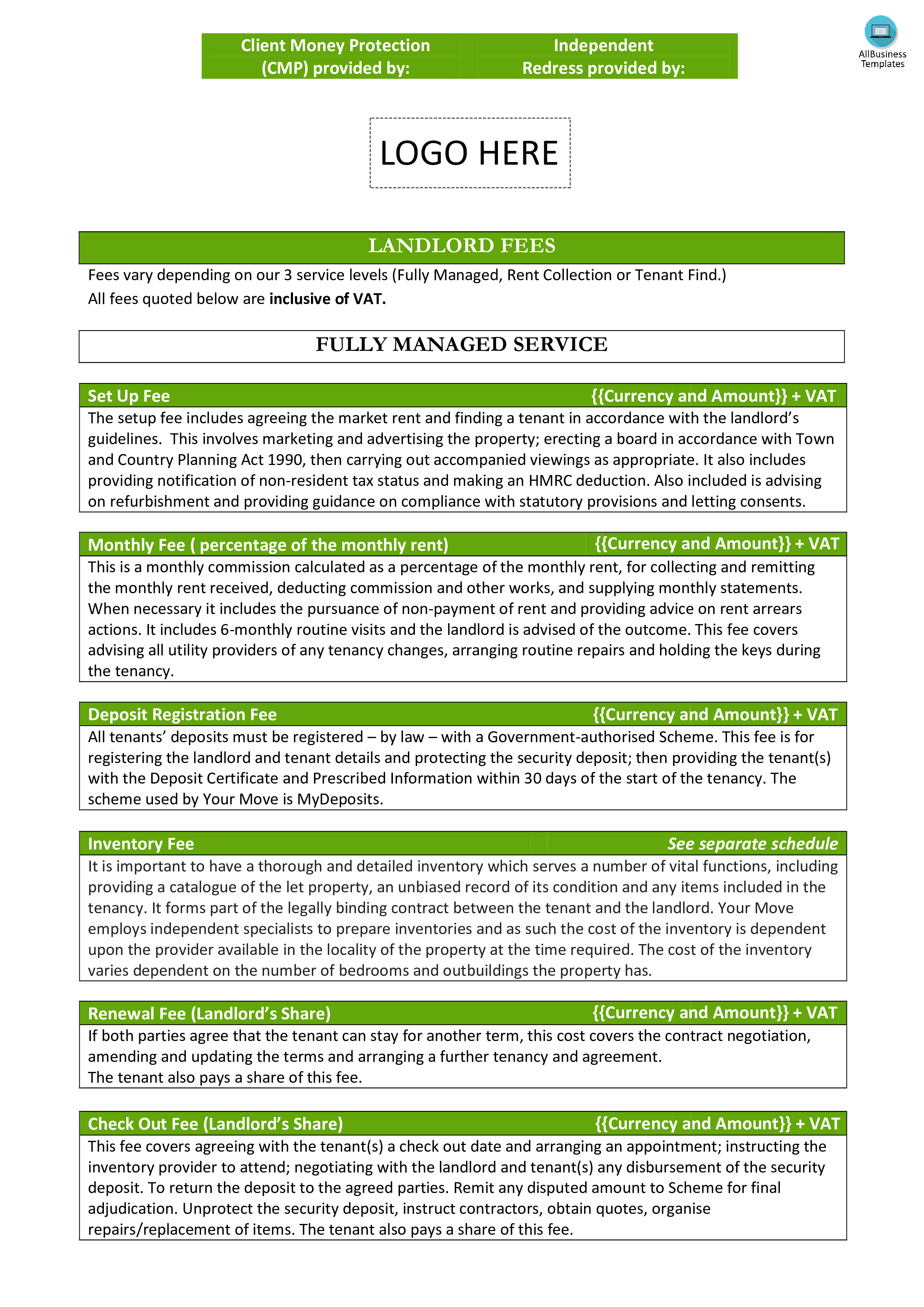Independent Landlord
Save, fill-In The Blanks, Print, Done!

Download Independent Landlord
Adobe Acrobat (.pdf)- This Document Has Been Certified by a Professional
- 100% customizable
- This is a digital download (1392.28 kB)
- Language: English
- We recommend downloading this file onto your computer.
What is the process of becoming an independent landlord? Are you looking for a template for an Independent Landlord? We have a comprehensive template that you can download and customize to fit your needs. It includes all the information you need to collect from your landlord, including contact information, rent payments, and any other relevant details. It's easy to use and will help you manage your rental properties more efficiently.
Client Money Protection (CMP) is a measure in real estate and property management to safeguard the money that clients (landlords and tenants) entrust to letting agents. In the context of real estate and property management, a "Client Money Protection application" could refer to the process or system through which letting agents apply for, obtain, and demonstrate compliance with a Client Money Protection scheme.
Protecting client money is crucial in various industries, especially in fields where professionals handle funds on behalf of clients, such as real estate or financial services. Here are some general principles and practices for protecting client money:
- Segregation of Funds:
- Keep client funds separate from the business's operational funds.
- Maintain separate bank accounts for client money and business operations.
- Trust Accounts:
- Use designated trust or escrow accounts to hold client funds.
- Clearly label accounts to indicate that they are trust accounts for client funds.
- Compliance with Regulations:
- Stay informed about and comply with relevant laws and regulations governing the handling of client money in your industry.
- In real estate, for example, adhere to any Client Money Protection (CMP) schemes mandated by regulatory authorities.
- Regular Reconciliations:
- Conduct regular reconciliations of accounts to ensure that the amount of money in trust accounts matches the records of client transactions.
- Promptly investigate and address any discrepancies.
- Transparent Record Keeping:
- Maintain detailed and transparent records of all financial transactions related to client money.
- Provide clients with clear and accurate statements regarding their funds.
- Insurance and Bonds:
- Consider obtaining professional indemnity insurance or bonding to provide additional protection for clients in case of financial loss resulting from malpractice or mismanagement.
- Security Measures:
- Implement robust security measures to protect electronic systems and data related to client funds.
- Educate staff on cybersecurity best practices to prevent fraud or unauthorized access.
- Training and Compliance:
- Train staff on the importance of safeguarding client money and compliance with relevant regulations.
- Stay up-to-date on industry best practices and regulatory changes.
- Audit and Oversight:
- Conduct regular internal and external audits to ensure compliance with established procedures.
- Establish oversight mechanisms to monitor and review financial activities.
- Ethical Practices:
- Foster a culture of ethics and integrity within the organization.
- Encourage reporting of any suspected or observed misconduct related to client funds.
It's essential to tailor these principles to the specific requirements and regulations of your industry and jurisdiction. Consult with legal and financial professionals to ensure that your practices align with the applicable laws and standards.
Download this independent landlord sample template now and customize it to fit your rental needs. Make sure to include all the necessary information, such as the property address, lease terms, and other relevant details. Print it out and use it whenever you need to rent out a property.
DISCLAIMER
Nothing on this site shall be considered legal advice and no attorney-client relationship is established.
Leave a Reply. If you have any questions or remarks, feel free to post them below.
Related templates
Latest templates
Latest topics
- Excel Templates
Where do I find templates for Excel? How do I create a template in Excel? Check these editable and printable Excel Templates and download them directly! - GDPR Compliance Templates
What do you need to become GDPR compliant? Are you looking for useful GDPR document templates to make you compliant? All these compliance documents will be available to download instantly... - Google Docs Templates
How to create documents in Google Docs? We provide Google Docs compatible template and these are the reasons why it's useful to work with Google Docs... - IT Security Standards Kit
What are IT Security Standards? Check out our collection of this newly updated IT Security Kit Standard templates, including policies, controls, processes, checklists, procedures and other documents. - Letter Format
How to format a letter? Here is a brief overview of common letter formats and templates in USA and UK and get inspirited immediately!
cheese




